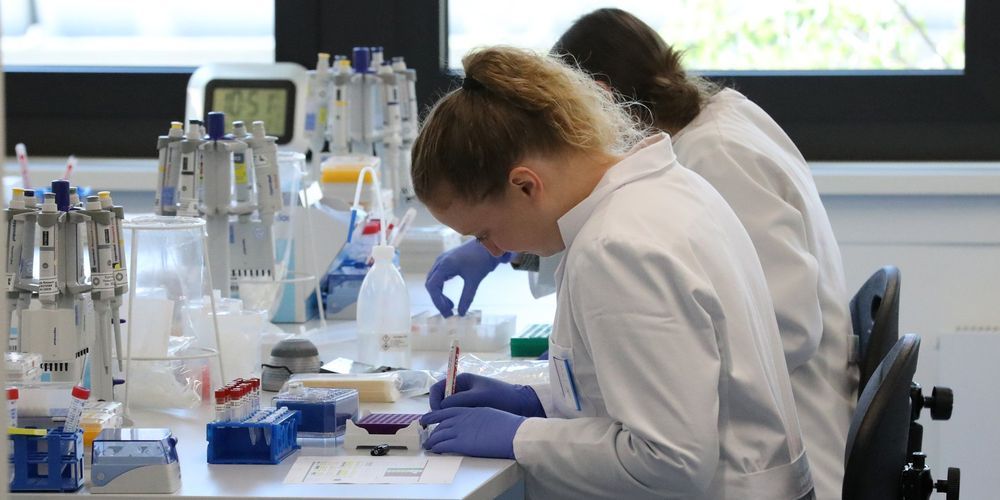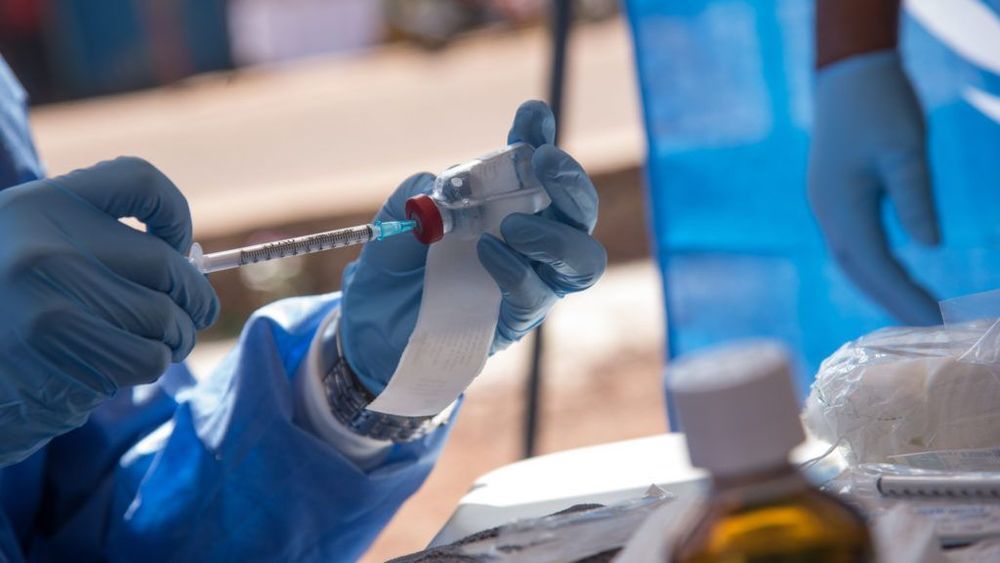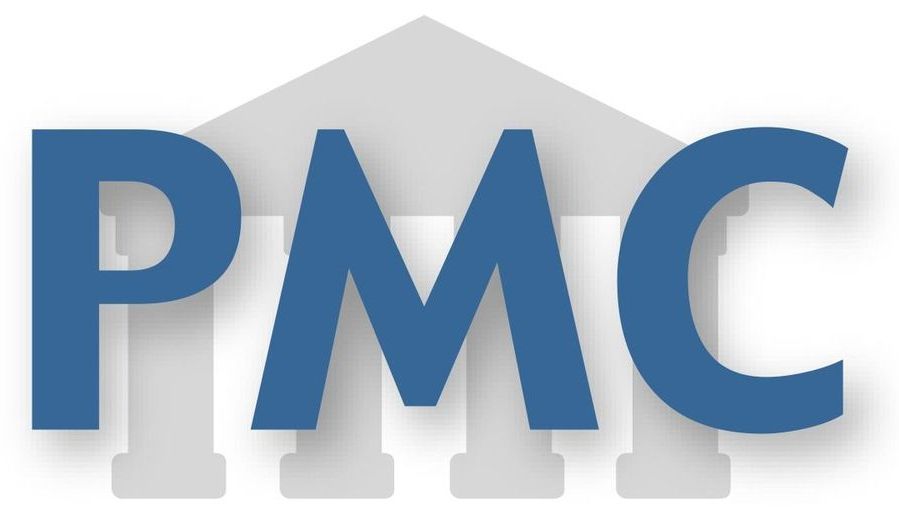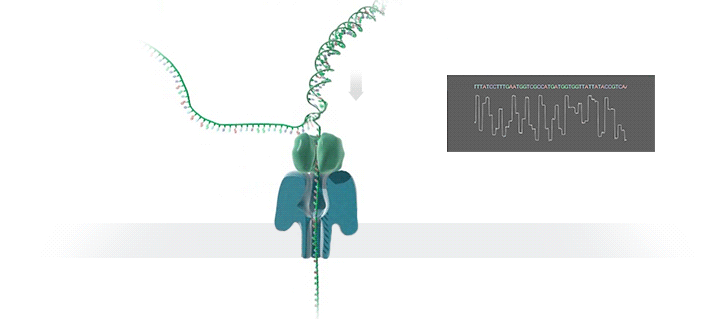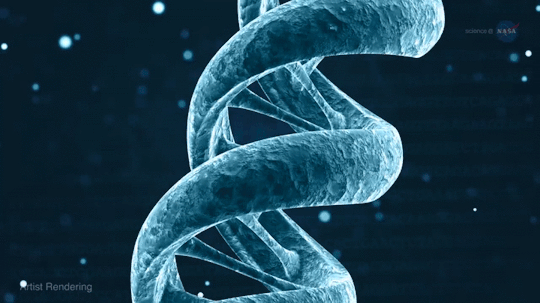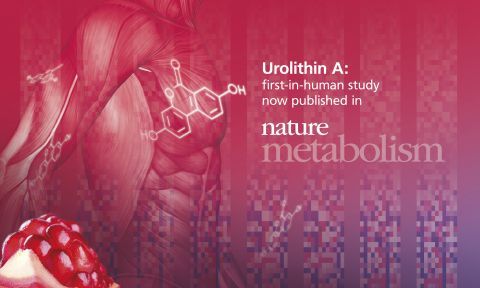You may be familiar with bovine spongiform encephalopathy, better known as mad cow disease. Did you know there’s a lesser-known—but similar—illness that affects deer, moose, and elk? It’s called chronic wasting disease, and like mad cow, it is also a brain disease, thought to be caused by a malformed, twisted protein called a prion. CWD leads to unusual behavior, and often results in the animals becoming gruesomely thin before they die. First discovered in 1967, CWD now has been detected in at least 26 states, three Canadian provinces, Norway, Sweden, and South Korea.
Rae Ellen Bichell, a reporter with the Mountain West News Bureau and KUNC, explored chronic wasting disease in a multipart series titled “ Bent Out Of Shape.” She joins Ira to talk about the disease, research into its origin and spread, and what’s known about the possible effects of human exposure to CWD.
Check out the full series.

